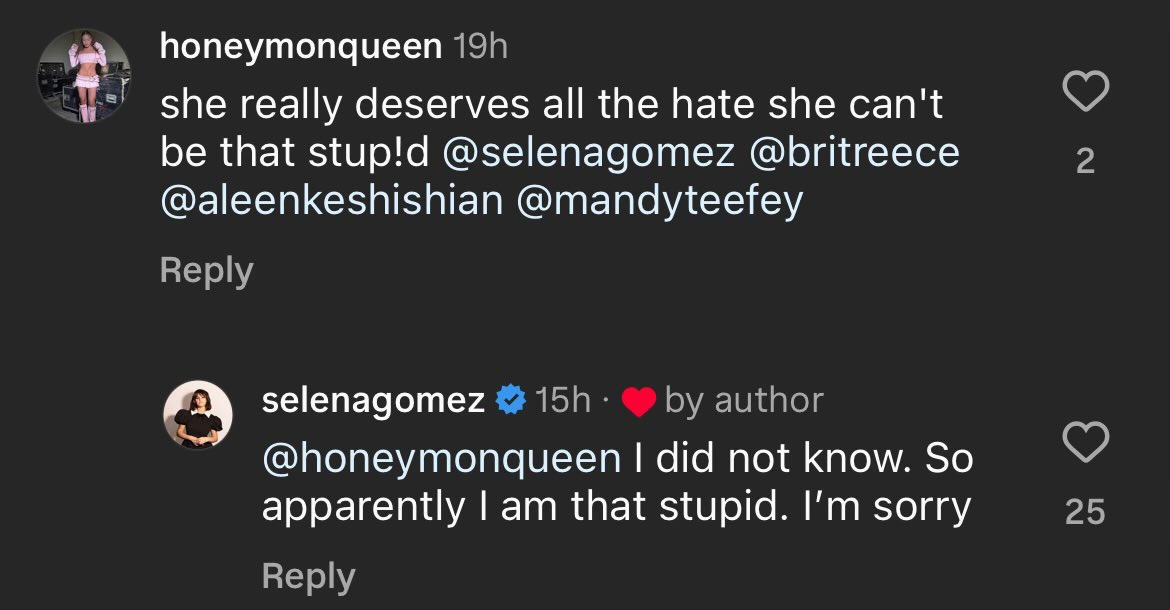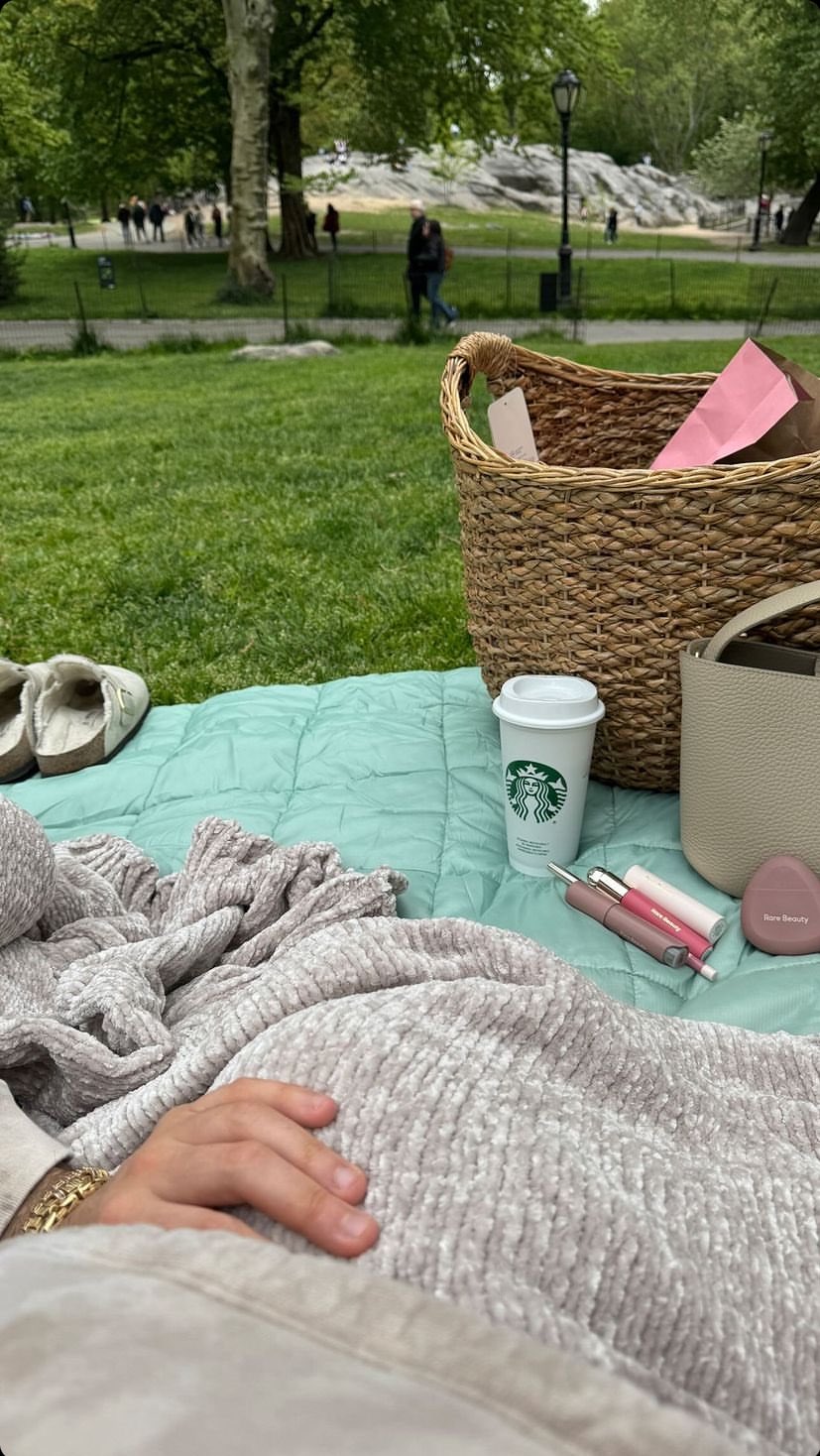The controversy erupted when a fan pointed out Gomez’s association with Starbucks, a coffeehouse chain that has faced calls for boycott from BDS supporters due to its connections with Israel despite the country’s contentious policies towards Palestinians. The fan’s comment, suggesting that Gomez’s ignorance was implausible, triggered a wave of criticism, with many questioning the singer’s stance on the ongoing Israeli-Palestinian conflict.

The incident sheds light on the escalating momentum of the BDS movement, a global campaign aimed at pressuring companies and individuals to boycott Israeli products and institutions in protest against Israel’s actions towards Palestinians. With increasing public awareness and support, BDS advocates seek to hold corporations accountable for their complicity in perpetuating injustices against the Palestinian population.
:max_bytes(150000):strip_icc():focal(697x171:699x173)/selena-gomez-traks-pm-121123-b9e56f9435e14b23bd03f86d55583f1e.jpg)
Following the controversy, Gomez faced further scrutiny for her perceived neutrality in the conflict. Critics accused her of attempting to appease both sides by donating to humanitarian causes associated with both Israel and Palestine. Rare Beauty, Gomez’s makeup brand, made a public statement addressing the situation and disclosed the charitable contributions made to aid relief efforts in Gaza.
Despite the brand’s efforts to demonstrate solidarity with Palestine, skeptics pointed out the potential contradiction in supporting organizations like Magen David Adom, Israel’s National Emergency Pre-Hospital Medical and Blood Services Organization, which is perceived to have ties to the Israeli Defense Forces (IDF). The move was criticized as a “both sides” approach, with detractors arguing that true activism should not involve supporting entities associated with the oppression of Palestinians.
The Starbucks cup controversy involving Selena Gomez serves as a reminder of the complexities surrounding celebrity activism and social responsibility. While individuals like Gomez may inadvertently find themselves embroiled in contentious issues, it also underscores the importance of informed advocacy and the need for public figures to carefully navigate sensitive geopolitical matters. As public awareness of global injustices continues to grow, celebrities and corporations alike face increasing scrutiny over their actions and allegiances in an ever-evolving social landscape.








